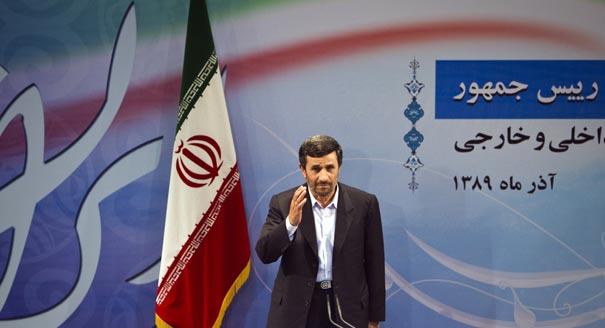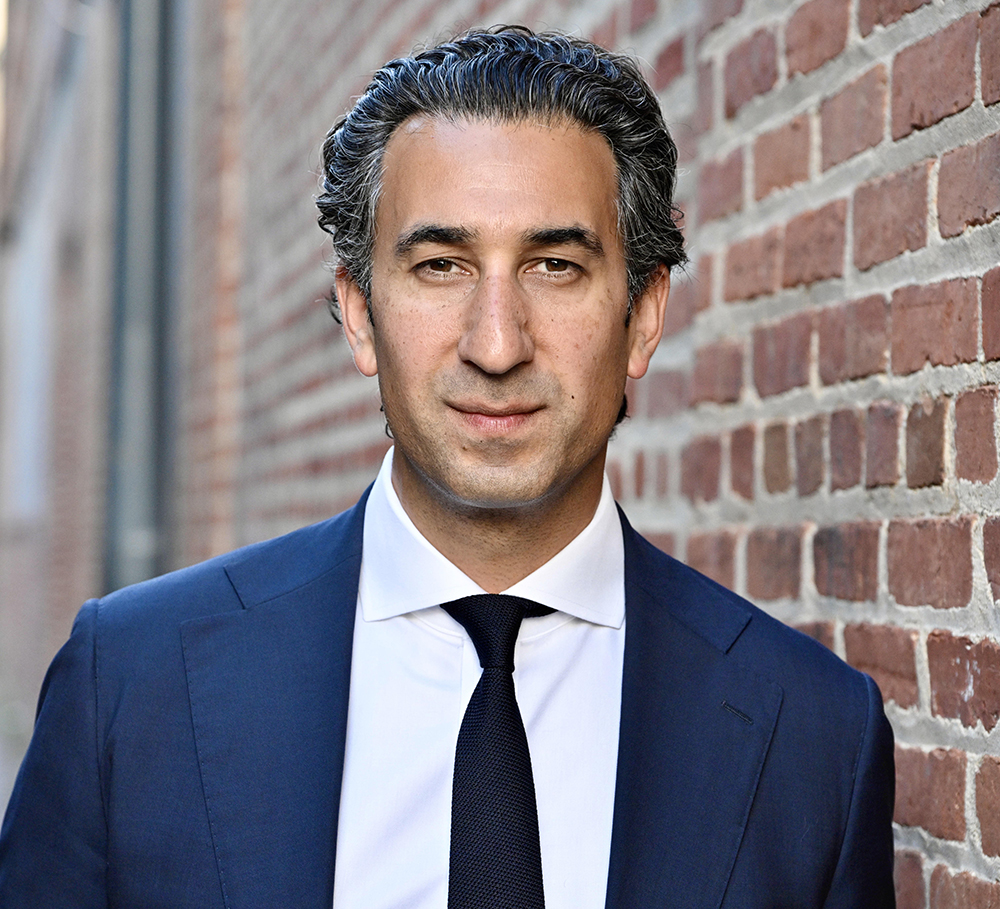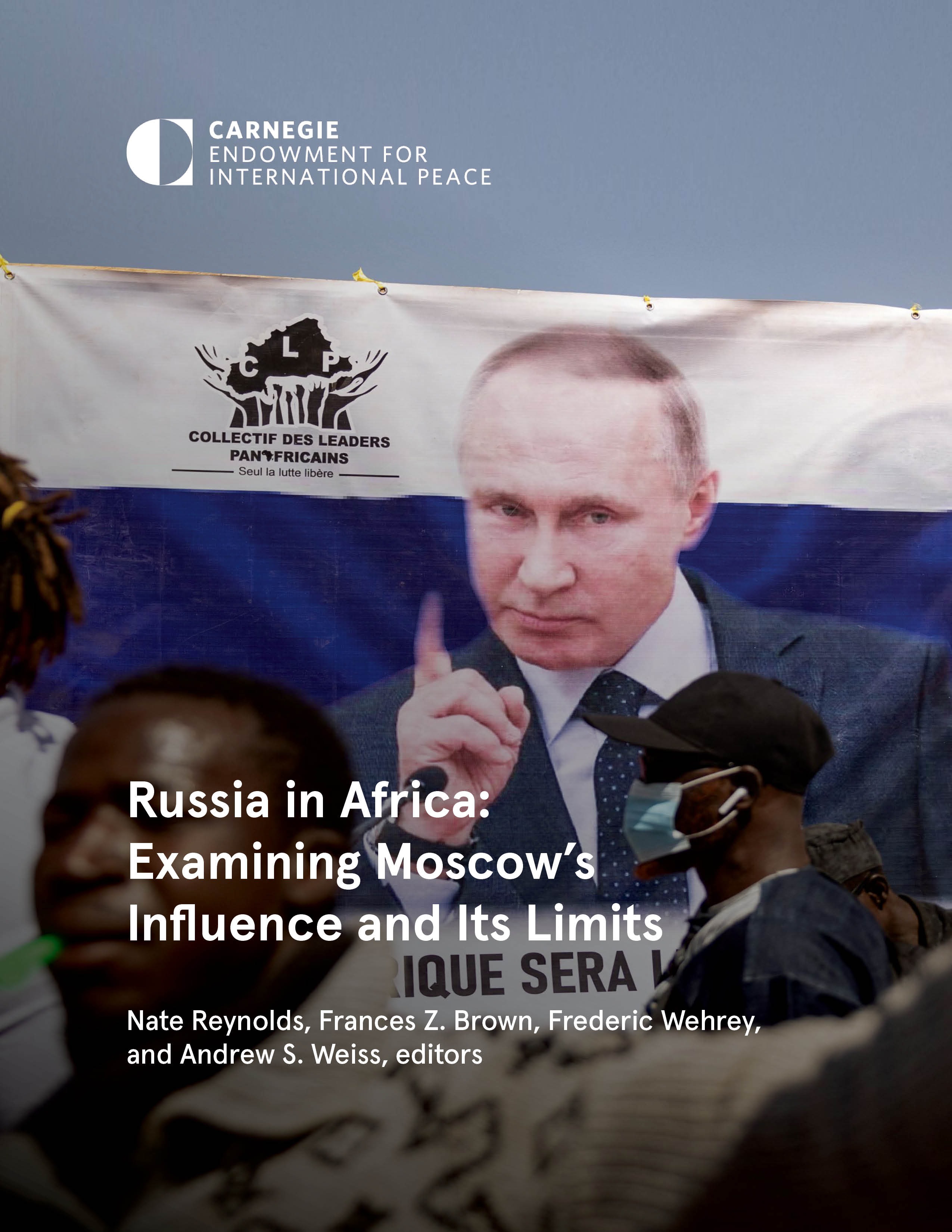Aaron David Miller, Karim Sadjadpour, Robin Wright
{
"authors": [
"Karim Sadjadpour"
],
"type": "legacyinthemedia",
"centerAffiliationAll": "dc",
"centers": [
"Carnegie Endowment for International Peace",
"Carnegie Europe",
"Malcolm H. Kerr Carnegie Middle East Center"
],
"collections": [],
"englishNewsletterAll": "menaTransitions",
"nonEnglishNewsletterAll": "",
"primaryCenter": "Carnegie Endowment for International Peace",
"programAffiliation": "MEP",
"programs": [
"Middle East"
],
"projects": [],
"regions": [
"Middle East",
"Iran",
"Gulf"
],
"topics": [
"Political Reform",
"Foreign Policy"
]
}
Source: Getty
WikiLeaks Should Prompt a Rethink on Iran
The confidential documents released by WikiLeaks reveal that Arab officials distrust the government in Tehran, which effectively uses soft power and political influence to maintain a significant role on the regional and global stage.
Source: The Financial Times

So far, the Obama administration has admirably eschewed their advice. Instead it has used a recent $60bn arms deal with Saudi Arabia, along with further multi-billion-dollar deals with the United Arab Emirates, Oman and Kuwait, to develop a strategy of military containment.
Yet such an approach ignores the fact that Iran’s strength lies primarily in its political influence, not its military prowess. Tehran’s military budget is less than a quarter of regional rival Saudi Arabia’s. But its soft power, along with it support for militias, can undermine governments with vastly superior armies, as has been evidenced by the US in Iraq.
The WikiLeaks revelations make clear that Arab officials believe Iran to be inherently dishonest and dangerous. The feeling is probably mutual. But they hide perhaps a more interesting issue, namely what type of Iranian government would actually best serve Gulf Arab interests.
President Mahmoud Ahmadi-Nejad and the Islamic Republic may be loathed, but equally the advent of a more progressive, democratic Iran would enable Tehran to emerge from its largely self-inflicted isolation and begin to realise its enormous potential. In the zero-sum game of Middle Eastern politics, a democratic Iran would pose huge challenges to Persian Gulf sheikhdoms.
Today Iran is not, of course, a global superpower by any metric. Its economy suffers from endemic mismanagement; its military budget is less than 2 per cent that of the US. Apart from North Korea, Venezuela and Syria, it has few reliable strategic allies.
Indeed, while its international profile has been rising, however, Iran’s internal decay has seemingly been accelerating. The palpable disaffection of its youth clearly came to a head after the contested 2009 presidential elections. Further deep internal fissures have forced the regime to rely on coercion and intimidation in order to maintain power.
Nonetheless, without Iran’s co-operation it is going to be difficult to bring long-term stability to Iraq, Afghanistan, the Levant or the Holy Land. At the same time, a peaceful and prosperous region seems inimical to the interests of the current Islamic Republic.
Anxious Gulf Arab countries, therefore, have little to fear: the US and Iran will not be friends anytime soon. As one Iranian diplomat once told me, “Iran derives its popularity in the region and the Muslim world based on our defiance towards the US and Israel.”
A US general once said that Iran only offers to help resolve problems that it itself helps to create. But he might also have reflected that it is at times of crisis and carnage in the region, and especially those linked to either the US or Israel, when Iran’s soft power and ideology gains most purchase.
About the Author

Senior Fellow, Middle East Program
Karim Sadjadpour is a senior fellow at the Carnegie Endowment for International Peace, where he focuses on Iran and U.S. foreign policy toward the Middle East.
- What’s Keeping the Iranian Regime in Power—for NowQ&A
- How Washington and Tehran Are Assessing Their Next StepsQ&A
Aaron David Miller, David Petraeus, Karim Sadjadpour
Recent Work
Carnegie does not take institutional positions on public policy issues; the views represented herein are those of the author(s) and do not necessarily reflect the views of Carnegie, its staff, or its trustees.
More Work from Carnegie Endowment for International Peace
- The Kremlin Is Destroying Its Own System of Coerced VotingCommentary
The use of technology to mobilize Russians to vote—a system tied to the relative material well-being of the electorate, its high dependence on the state, and a far-reaching system of digital control—is breaking down.
Andrey Pertsev
- Indian Americans Still Lean Left. Just Not as Reliably.Commentary
New data from the 2026 Indian American Attitudes Survey show that Democratic support has not fully rebounded from 2020.
- +1
Sumitra Badrinathan, Devesh Kapur, Andy Robaina, …
- Taking the Pulse: Can European Defense Survive the Death of FCAS?Commentary
France and Germany’s failure to agree on the Future Combat Air System (FCAS) raises questions about European defense. Amid industrial rivalries and competing strategic cultures, what does the future of European military industrial projects look like?
Rym Momtaz, ed.
- Can the Disparate Threads of Ukraine Peace Talks Be Woven Together?Commentary
Putin is stalling, waiting for a breakthrough on the front lines or a grand bargain in which Trump will give him something more than Ukraine in exchange for concessions on Ukraine. And if that doesn’t happen, the conflict could be expanded beyond Ukraine.
Alexander Baunov
- Russia in Africa: Examining Moscow’s Influence and Its LimitsResearch
As Moscow looks for opportunities to build inroads on the continent, governments in West and Southern Africa are identifying new ways to promote their goals—and facing new risks.
- +1
Nate Reynolds, ed., Frances Z. Brown, ed., Frederic Wehrey, ed., …















